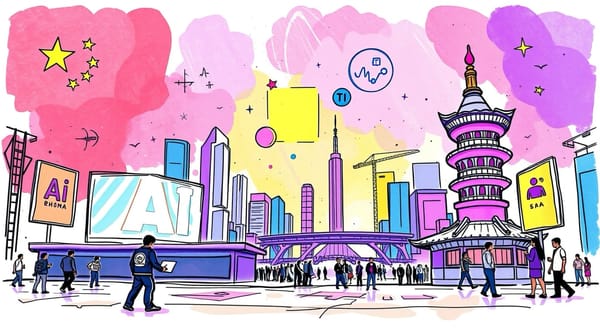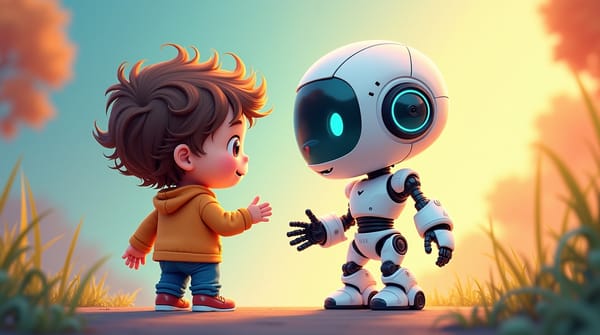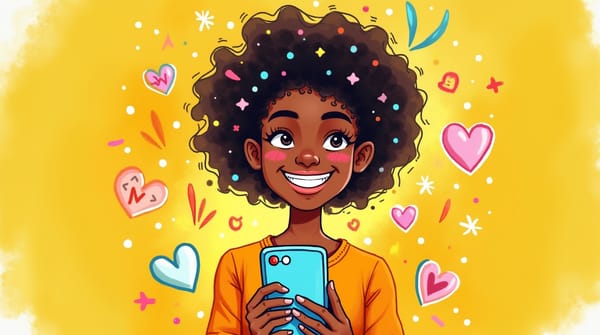Artificial Intelligence to Reduce Loneliness

Welcome to the brave new world where artificial intelligence (AI) isn’t just for predicting stock market trends or making your shopping recommendations more personal, but is also stepping up as a buddy to tackle one of humanity's biggest challenges: loneliness. Now, before you start imagining a world filled with robots hugging their humans, let’s dive into how AI is shaking things up in our social lives.
As we race through our busy lives, it’s easy to feel disconnected. But fear not! AI is here to lend a virtual hand—or, let's say, a hyper-advanced algorithm. This article will explore the fascinating ways AI is transforming our social landscape, bringing companionship to those who need it most, and possibly redefining what friendship means in the digital age!
Imagine a scenario where an elderly person, who may not have family nearby, finds solace in a virtual companion. AI-driven chatbots and virtual assistants are being designed to engage in meaningful conversations, providing not just entertainment but also emotional support. These digital friends can remember personal details, like favorite hobbies or past experiences, and bring them up in conversation, creating a sense of continuity and connection that can be deeply comforting. This is not just about interaction; it’s about fostering a relationship that can alleviate feelings of isolation.
Moreover, the integration of AI in social platforms is revolutionizing how we meet and interact with others. Algorithms can analyze our interests and preferences, suggesting groups or events that align with our passions. This targeted approach allows individuals to connect with like-minded people, facilitating friendships that might not have blossomed in traditional settings. As we navigate this new terrain, the role of AI as a social catalyst becomes increasingly significant, opening doors to communities that were previously inaccessible and enhancing our collective human experience.
How AI is Transforming Social Connections
First things first, let’s demystify how AI is weaving itself into the fabric of our social interactions. Artificial intelligence isn't just a fancy, geeky term reserved for techies in their basements; it’s a powerful tool that can analyze, understand, and respond to human emotions like never before.
Think about it: AI applications such as chatbots are designed to foster deeper connections. Gone are the days when chatting online felt like throwing a message into the void. Now, these technologies create interactive experiences that provide personal engagement. It’s like having a friendly conversation with a hyper-intelligent parakeet, only more sophisticated!
Even social media platforms are capitalizing on AI to optimize interactions by introducing features that suggest friends based on interests, or connecting you with like-minded individuals across the globe. Say goodbye to feeling alone in a crowded room; AI is ensuring we can find our digital tribes!
Moreover, AI is also enhancing the way we maintain relationships through predictive analytics. Imagine an AI that can remind you of important dates, such as birthdays or anniversaries, and even suggest personalized gifts based on the recipient's preferences. This capability not only helps in nurturing existing relationships but also shows that you care, fostering a sense of closeness that might otherwise be overlooked in our busy lives.
Additionally, AI-driven platforms are revolutionizing the way we meet new people. From dating apps that use sophisticated algorithms to match users based on compatibility to virtual networking events that leverage AI to connect professionals with similar interests, the possibilities are endless. These innovations are breaking down geographical barriers and allowing individuals to form connections that transcend traditional limitations, creating a more interconnected world.
The Role of Virtual Companions in Combating Isolation
Now, let’s bring out the stars of our discussion: virtual companions! These aren’t your average digital pets from the early 2000s; today’s virtual companions are sophisticated software programs designed to provide emotional support and company.
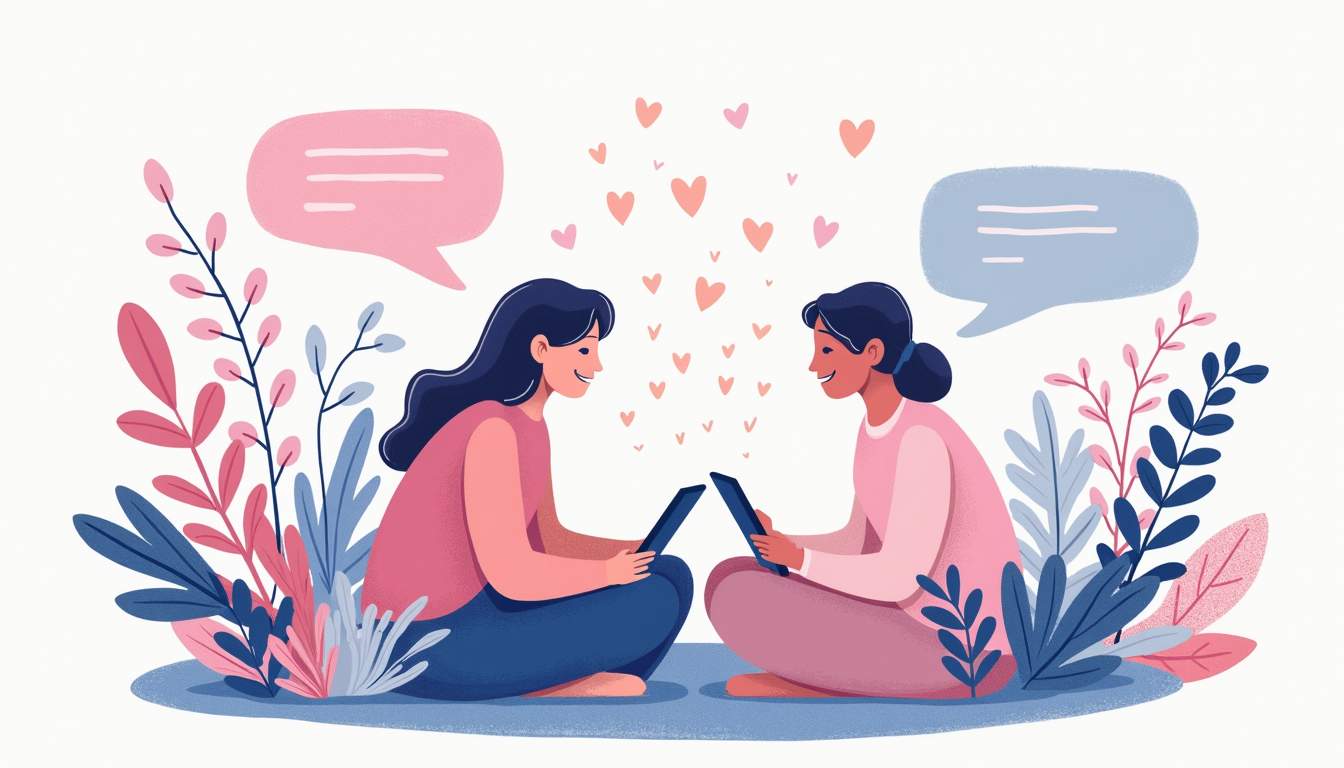
Imagine having a smart assistant, like a digital buddy, that knows your favorite shows, senses when you’re down, and even offers personalized quotes to lift your spirits! Virtual companions can chat about your day, play games, or even remind you to water your plant (because, let’s face it, we all need that gentle nudge sometimes).
This technology has proven effective in various settings—be it for elderly individuals living independently, people battling mental health challenges, or simply those who are seeking comfort. When AI companions are programmed to respond empathetically, they can fill the void many feel when human interaction is limited.
Furthermore, the design of these virtual companions often incorporates elements of gamification, making interactions not only engaging but also rewarding. Users can earn points or unlock new features by completing daily tasks or engaging in conversations, which can foster a sense of achievement and motivation. This aspect is particularly beneficial for individuals who may struggle with traditional forms of social interaction, as it creates a low-pressure environment where they can express themselves freely and build confidence over time.
Moreover, the adaptability of virtual companions is a game changer. They can learn from user interactions, tailoring their responses and suggestions to match individual preferences and emotional states. This personalized approach not only enhances the user experience but also fosters a deeper connection between the user and their virtual companion. As these technologies continue to evolve, we may see them integrating more advanced features, such as virtual reality environments that simulate social gatherings, allowing users to engage in shared experiences without leaving the comfort of their homes.
Success Stories of AI in Reducing Loneliness
Who doesn’t love a good success story? Let’s sprinkle some inspiration into our tech-talk with real-life examples of how AI is positively impacting lives. One fascinating case involves the use of AI in senior living communities. Here, residents were introduced to robotic companions programmed to engage in meaningful conversations, share stories, and even perform simple tasks.
According to reports, many seniors felt a decrease in feelings of loneliness and an increase in joy after interacting with their robotic friends. They even named them! Talk about a real connection! These AI companions became an integral part of their daily routine, proving that no matter the form, companionship can flourish.
Another shining example comes from the mental health sector. AI-driven applications designed for therapeutic interactions not only assist with mental health monitoring but also provide conversational support to individuals struggling with loneliness. For many, this creates an accessible avenue to voice their feelings and receive instant, non-judgmental feedback.
The Ethics of AI Companionship
Now, let’s address the elephant in the chatbot: ethics. With great AI technology comes great responsibility. As exciting as it is to engage with virtual companions, we must tread carefully through uncharted social ethics.
Questions abound: Are we replacing genuine human interaction with artificial ones? Can a robot ever truly understand human emotions? And what happens when we develop emotional attachments to a virtual entity? As we embrace these technological innovations, it’s crucial to consider a balanced approach that prioritizes human connection, ensuring AI serves as an enhancement rather than a replacement.
That said, establishing guidelines and ethical considerations for AI development is essential in making sure that these companions support and uplift users. The goal is to prevent technology from inadvertently deepening feelings of isolation. Remember, balance is key!
The Science Behind AI and Emotional Well-being
Underneath the shiny facade of AI lies a world of algorithms and data driven by psychological research and computational neuroscience. Researchers are diving deep into understanding human emotions, enabling AI to respond more empathetically.
Some AI systems are built with sentiment analysis technology that allows them to interpret emotional cues from text and voice. This means your virtual companion could understand when you’re feeling blue and respond with comforting words or activities to cheer you up. Who needs a crystal ball when you have AI that can analyze your feelings in real-time?
Moreover, studies suggest that regular interactions with AI companions can stimulate emotional growth and foster a sense of belonging. It’s like getting a warm hug from an always-willing-to-listen friend, minus the physical touch (but hey, technology is always evolving!).
Challenges and Limitations of AI in Addressing Loneliness
Let’s pump the brakes for a moment and acknowledge that all that glitters in AI isn’t gold. Despite its potential, tackling loneliness through AI isn't a one-size-fits-all solution. There are challenges and limitations that need to be addressed.
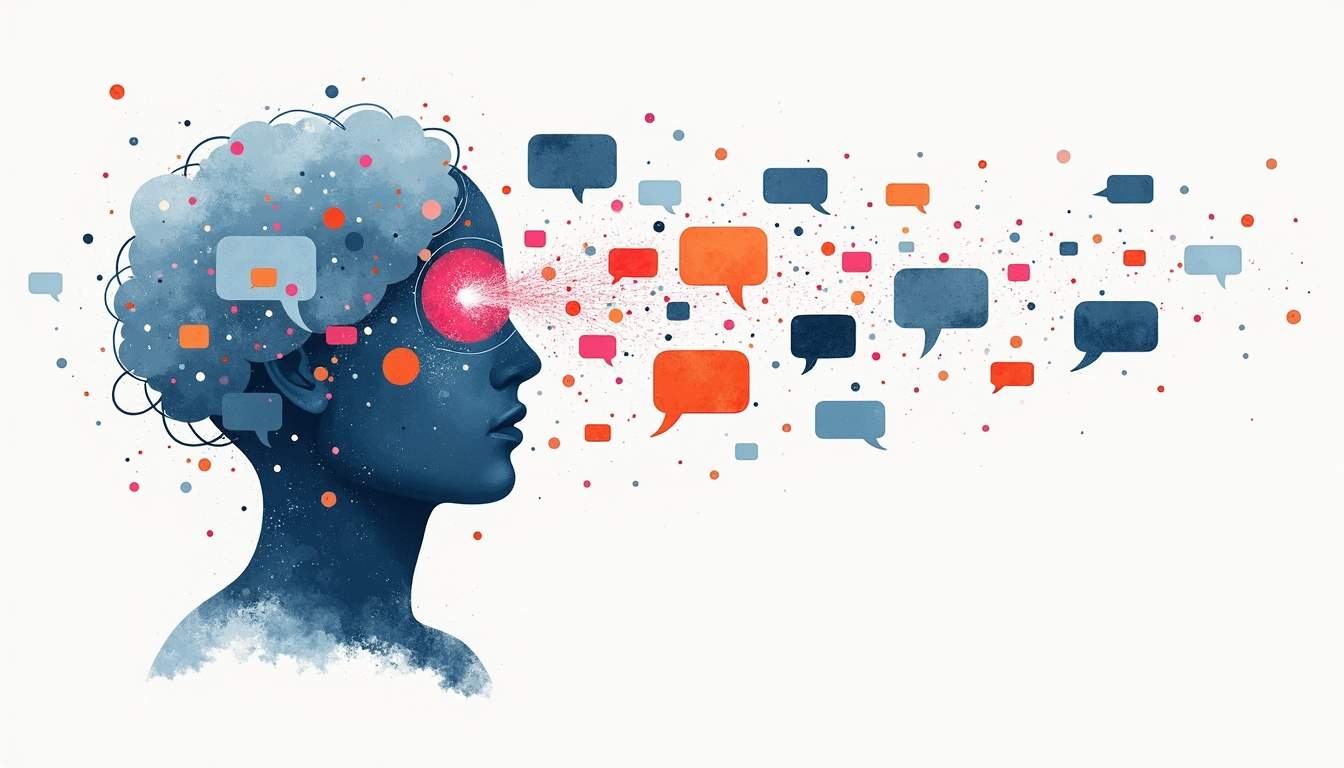
- Understanding Nuances: Human emotions are complex, and
while AI has come a long way, it still struggles to fully grasp nuances
and individual experiences. - Accessibility: Not everyone has access to advanced technology. There's a risk of creating a divide between those who can benefit from AI and those who cannot.
- Overreliance: Relying solely on AI for companionship can exacerbate feelings of loneliness if it leads to less human interaction. Balance, remember?
As we move forward, it’s essential to navigate these challenges with an open mind while ensuring we foster genuine connections alongside technological advancements.
Conclusion
In a world where loneliness can feel like an unwelcome companion, artificial intelligence is proving that it can indeed shine as a beacon of hope and companionship. From transforming social connections to providing virtual support, AI is redefining relationships and offering unique solutions for emotional well-being.

